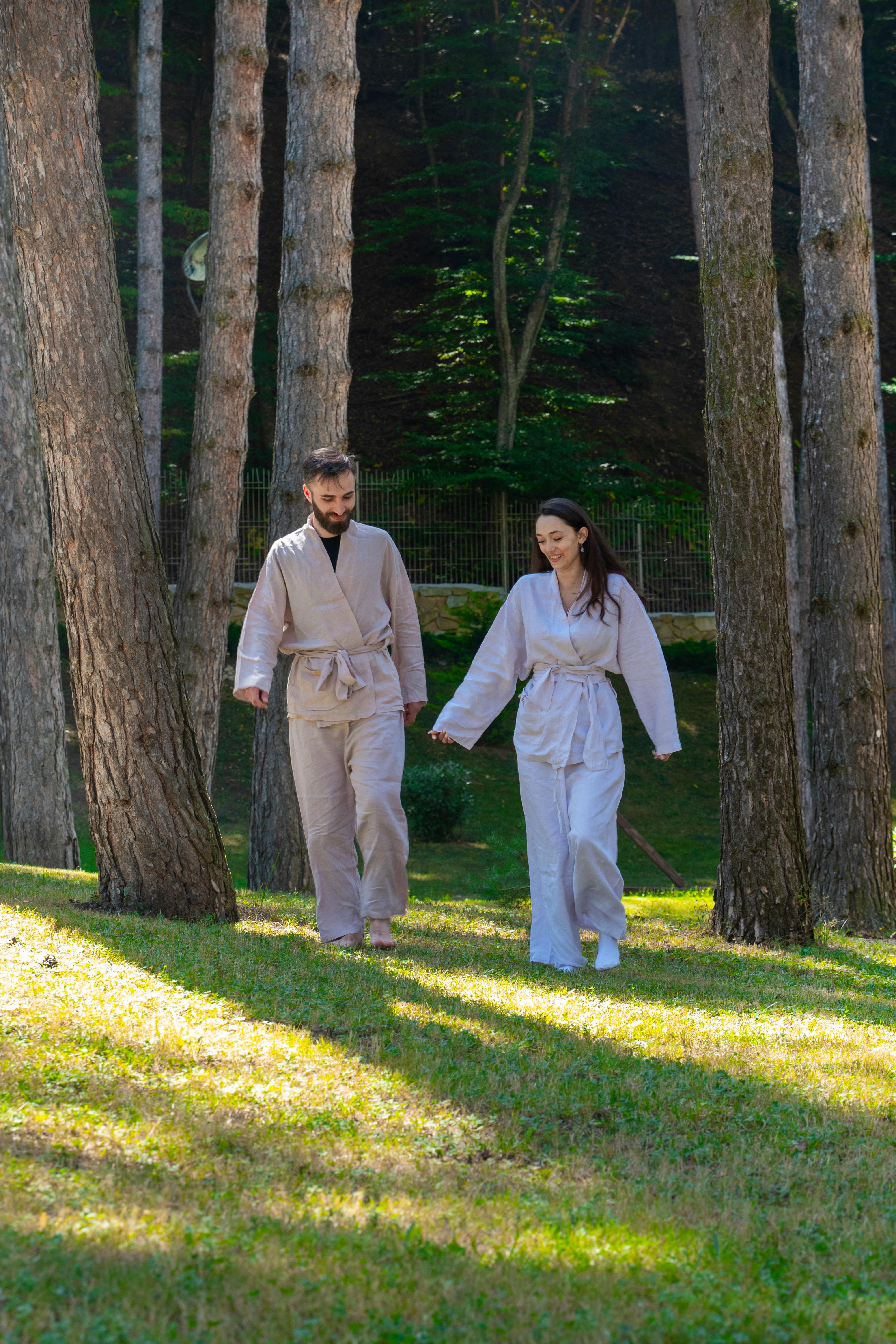Christian Health and Wellness Retreats for Mind, Body & Spirit
In today’s fast-paced, stress-filled world, more people are turning to faith-based healing methods to restore balance and find deeper meaning. Christian health and wellness retreats offer a unique blend of spiritual guidance, physical renewal, and emotional healing. This comprehensive guide explores everything you need to know about these transformative experiences and how they can benefit your life.

Understanding the Fundamentals
At their core, Christian wellness retreats are sanctuaries for restoration. They combine physical health practices such as exercise and nutrition with Christian teachings, scripture-based reflection, and prayer. These retreats create a space for individuals to renew not just their bodies but their souls.
The concept of integrating faith with wellness has evolved over centuries. From monastic healing traditions to modern faith-based recovery programs, these retreats draw from a deep well of spiritual wisdom to promote wholeness and peace.
1.1 Spiritual Foundation and Purpose
Every Christian health and wellness retreat is built on biblical principles. Activities often include morning devotionals, guided meditations on scripture, and group worship. A 2023 Barna study found that 72% of Christian retreat participants reported improved spiritual clarity and emotional stability.
For many, these experiences go beyond relaxation—they facilitate reconnection with God. Common myths, like thinking these retreats are just “church camps,” are dispelled by the profound inner work they encourage.
1.2 Mind-Body-Spirit Integration
While secular wellness retreats focus on detoxing and relaxation, Christian wellness centers focus on holistic healing through faith. What sets them apart is their integration of body, mind, and spirit through scripture-guided practice.
Participants learn how to align their health goals with God’s purpose, making choices that reflect their spiritual values. Whether it’s clean eating or journaling through the Psalms, every act is an extension of worship.
Practical Implementation Guide
Now that we understand the core values of Christian health and wellness retreats, the next step is putting them into practice. Whether you’re organizing a retreat or attending one, here’s how to apply these principles for lasting change.

2.1 Actionable Steps
- Choose the Right Retreat: Look for programs that align with your denominational beliefs, preferred location, and health goals.
- Pack with Purpose: Include a Bible, journal, comfortable clothing, and any prescribed medications or dietary items.
- Set Intentions: Identify your primary goal—spiritual renewal, stress relief, or emotional healing—and use it to guide your schedule.
2.2 Overcoming Challenges
Some common obstacles include:
- Feeling overwhelmed by emotional breakthroughs
- Difficulty adjusting to digital detox and solitude
- Temptation to treat the experience like a vacation instead of a sacred space
To navigate these:
- Lean into group support and pastoral counseling
- Stick to a flexible schedule to avoid burnout
- Remind yourself daily why you came—restoration through Christ
Advanced Applications
Once you’ve experienced the basics of a Christian health and wellness retreat, you may be ready to go deeper. Advanced practices help long-time participants continue evolving spiritually and emotionally.

3.1 Guided Inner Healing Sessions
These sessions often include deliverance ministry, trauma-informed spiritual counseling, or inner-child prayer work. A case study from a Florida-based Christian retreat showed a 60% improvement in anxiety symptoms among participants who attended 5-day healing intensives.
3.2 Integration with Lifestyle Coaching
Many retreats now offer faith-based life coaching to continue the momentum post-retreat. This can involve nutrition planning, spiritual accountability groups, and weekly check-ins.
Compatibility with church programs and home routines is emphasized so the transformation continues beyond the retreat setting.
Future Outlook
The rise of virtual retreats and hybrid wellness formats signals a shift in how faith-based healing is accessed. From app-based devotionals to VR worship spaces, the landscape is evolving rapidly.
Experts predict that the next 3-5 years will see growth in trauma-informed Christian care, retreats focused on pastoral burnout, and expanded access for underserved communities.
Conclusion
Christian health and wellness retreats offer a life-changing opportunity to reset your physical, emotional, and spiritual compass. Through structured teachings, sacred practices, and supportive environments, these retreats provide more than rest—they offer transformation.
Whether you’re seeking healing, direction, or deeper faith, now is the perfect time to explore a Christian wellness retreat. Start your journey toward wholeness today and let your spirit be refreshed.
Frequently Asked Questions
- Q: What exactly happens at a Christian health and wellness retreat? Participants engage in activities like worship, fitness, clean eating, Bible study, and group discussions centered on spiritual growth.
- Q: How do I choose my first retreat? Start with a weekend program within driving distance that includes pastoral guidance and wellness components aligned with your goals.
- Q: How long does the transformation take? Most people report immediate clarity, but full transformation often takes consistent application over 3–6 months post-retreat.
- Q: Are these retreats expensive? Prices vary. Local weekend retreats may cost $200–$500, while luxury week-long ones can range from $1,000 to $3,500 or more.
- Q: How do these compare to secular wellness retreats? Christian retreats integrate faith as the foundation, offering prayer, scripture, and pastoral care—not just yoga and diet plans.
- Q: Is this suitable for beginners in faith? Absolutely. Most retreats welcome all levels and often have special support for those new to Christianity or returning after a break.
- Q: Can this benefit church leaders or ministry workers? Definitely. Many retreats are designed for pastors and leaders dealing with burnout, offering tools for sustainable ministry and personal restoration.
